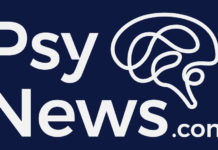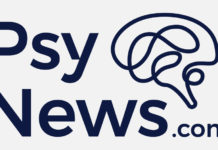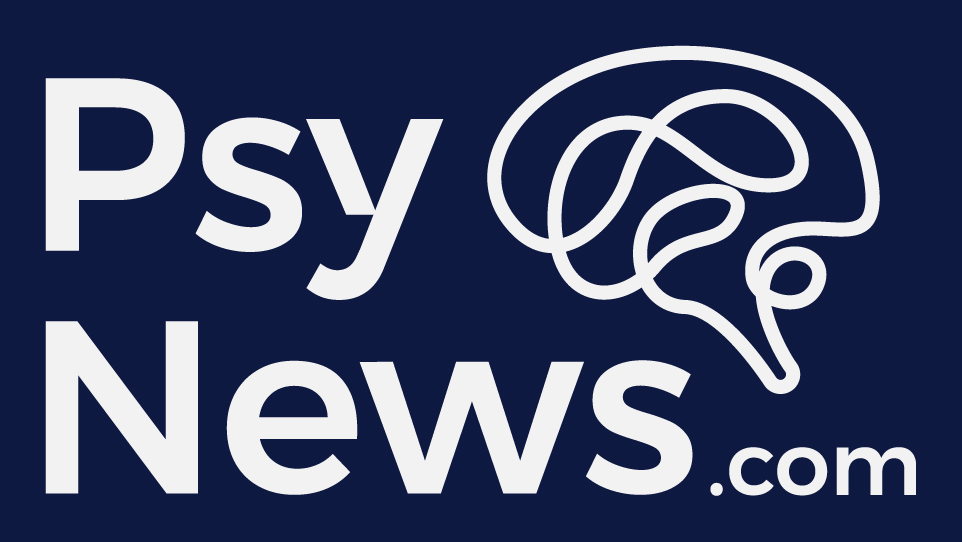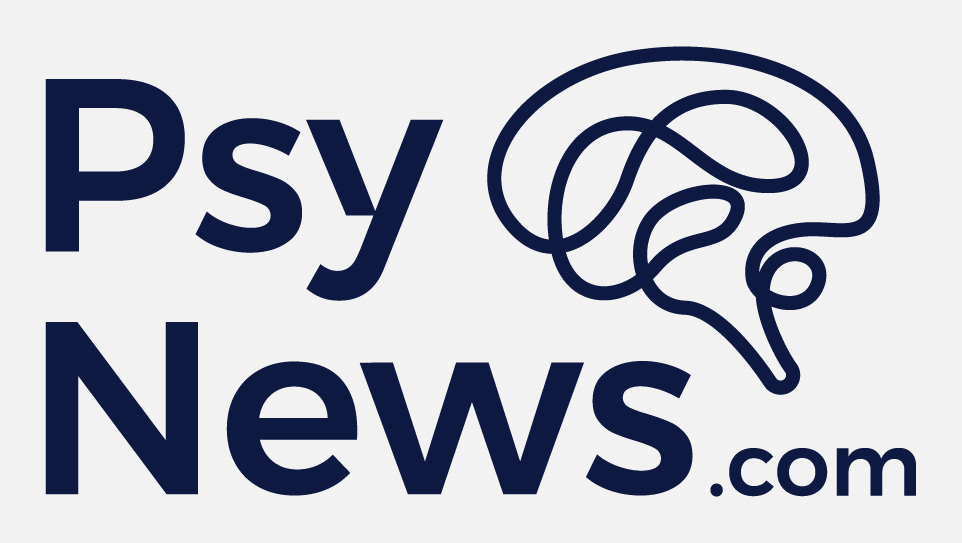By Jake Sherman
It should come as no surprise that many people are skeptical of the use of psychedelics in therapy. For decades, governments made psychedelics therapies the target of calculated smear campaigns after Timothy Leary and others were found to be having too much fun with LSD and other substances in the 1960s. This had a highly detrimental effect on public perception of psychedelics, which we’re still feeling today.
The consequences have been manifold. After Richard Nixon declared his War on Drugs, government branches were quick to shut down ongoing studies on psychedelic therapies. Researchers fell victim to their own biases, as debunked studies bashing psychedelics therapies have shown. Meanwhile, the public assumed that any war on drugs was a righteous one, and blindly trusted government policy.
Ironically, today the situation is reversed. While the FDA is granting increasingly more freedom for research to be conducted, broader legalization remains elusive for now. And it’s likely that many remain skeptical about trying psychedelic therapies themselves.
It’s essential to spread factual data so people don’t rely solely on outdated misinformation. This can help them decide which voting issues are important to them, or which therapies could even be helpful for them or their loved ones. To that end, here are five important points for anyone who’s skeptical or biased against psychedelics but may not have all the facts.
1. Not all psychedelic-derived compounds cause hallucination
Probably the first thing associated with psychedelic substances is tripping. But what few people know is that psychedelics have incredible healing power even without the hallucinations. For example, MindMed’s ibogaine-derived compound 18-MC will begin clinical trials in the near future. Not only is 18-MC non-hallucinogenic, but it’s proving extremely effective at helping fight drug and alcohol addiction. With its approval, we will have a powerful weapon in the war against the true enemy – widespread opioid addiction.
2. Only trained professionals conduct psychedelic-assisted therapy sessions
Far from simply handing out a prescription for LSD or psilocybin mushrooms and calling it a day, psychedelic therapies involve continuous oversight by trained medical professionals in a controlled environment. In fact, the setting is a major component of most therapeutic sessions, which include supervision by trained clinicians, music therapy, and eye visors. It also entails pre- and post-experience talk therapy sessions.
3. Psychedelics are not considered habit-forming and can be used to cure addiction to other substances

Sure, anything can be habit-forming in theory. But as far as psychedelic drugs go, there is no evidence that they are physically (or even significantly psychologically) addictive. Conversely, in addition to the above-listed 18-MC, many other psychedelic therapies are proving highly effective at stemming alcohol and drug addiction. Per the CDC, in 2018 there were 67,367 drug overdose deaths in America, mostly due to prescription synthetic opioids. It is high time we utilize the powers of psychedelic therapies to save lives amid the ongoing opioid crisis.
4. The government is taking psychedelic-assisted therapy more seriously, and this is just trending upward
Though psychedelics still appear as Schedule I substances, even the more rigid branches of government now know their healing potential. In 2018, the Drug Enforcement Agency (DEA) streamlined the application process for research on Schedule I drugs. “We are committed to finding new and innovative ways to meet the needs of the research community,” said then-DEA head Robert W. Patterson. “Research is the bedrock of science, and we will – as we have for many years – continue to support and promote legitimate research with Schedule I controlled substances.”
All current psychedelic clinical trials now have the DEA’s blessing. In fact, according to the DEA website, every researcher who submitted a valid research proposal received approval.
5. Psychedelics are effectively treating people with treatment-resistant conditions
In two trials in 2018 and 2019, the US Food and Drug Administration (FDA) designated psilocybin as a “breakthrough therapy” against treatment-resistant depression. This is a depression disorder that has persisted after the patient underwent two different antidepressant treatments. According to Psychology Today, a single psilocybin dose rapidly reduced depression for up to six months. LSD and MDMA have similarly shown strong efficacy at treating depression. And, in 2017, the FDA granted MDMA the breakthrough therapy designation for treating PTSD. The FDA reserves the breakthrough therapy designation for drugs with evidence suggesting they’ll be an enormous improvement over existing therapies.
The average layperson has a right to be skeptical, but it’s hard to ignore the incredible potential of these treatment methods once you know all the facts.
The post Five Talking Points for People Skeptical of Psychedelic Therapy appeared first on PsyTech.





